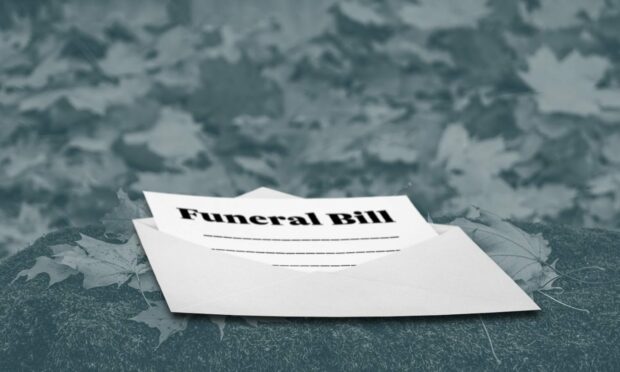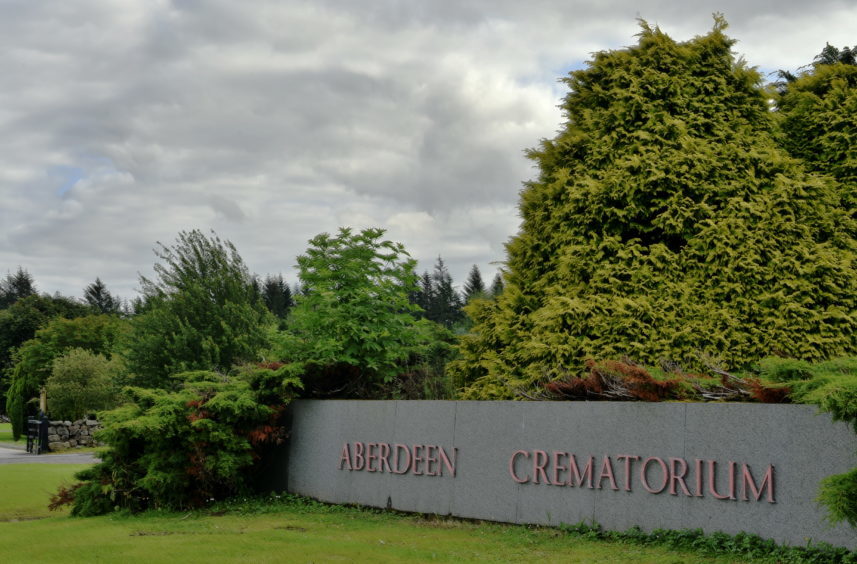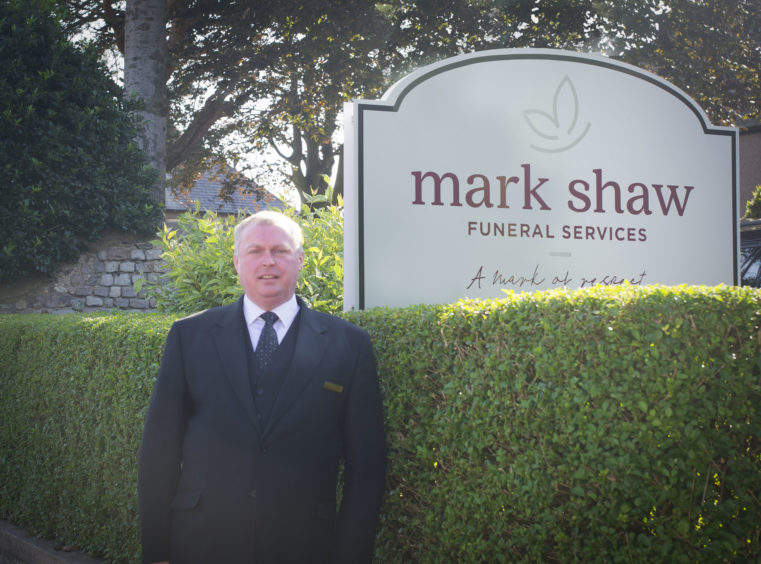Seventy one people died in the North of Scotland last year with no one willing or able to pay for their funerals, at a cost of more than £100,000 to local authorities.
But campaigners warn numbers of people needing “council funerals” could escalate as funeral poverty worsens during this cost of living crisis.
What is a local authority funeral?
Known as a public health funeral in England, a local authority funeral is the term given to interments or cremations organised by a council in Scotland.
If the person who died made no plan to pay or organise their own funeral, it falls to the local authority, under the Burial and Cremations (Scotland) Act 2016 to make sure they have one.
Attempts are usually made to track existing family. However, if no next of kin exists, or if relatives are unable or unwilling to foot the bill, local authorities have to pay.
Known as an indigent funeral, each council area will specify what they provide. Such detail usually includes things like “a basic coffin” and even whether multiple indigent interments will share one lair.
The final costs can then be reclaimed from the deceased’s estate, if they have any assets.
Indigent funerals where you live
Through Freedom of Information requests to Aberdeen, Aberdeenshire, Moray, Highland, Western Isles, Shetland and Orkney councils we have obtained the numbers of people requiring indigent funerals in 2020 and 2021.
Numbers dropped from 82 indigent funerals in 2020 to 71 in 2021.
Island authorities reported the least requirement for this type of funeral. Orkney reported no indigent funerals and Shetland just one – where costs were recouped from the estate of the deceased.
Comhairle nan Eilean Siar (Western Isles) maintained its provision, showing just one each year.
Aberdeenshire increase
However, one local authority did show an increase year on year.
Aberdeenshire conducted 18 such funerals in 2020, and 21 in 2021, at a cost of £37, 319.40.
Previous investigations showed the authority recorded much smaller numbers just a few years earlier.
In the time period 2015-16 only five indigent funerals took place and in 2017-18 just six.
The local authority made no comment on why it believes numbers have increased for Aberdeenshire, simply adding: “We will continue to provide burial or cremation services where there is no next of kin or whose next of kin, relatives or friends are unable to make the necessary arrangements for a funeral. These services will be conducted with dignity and respect in all circumstances.”
Funeral poverty fears
However, a climb in numbers comes as no surprise to Lindesay Mace, manager of Down to Earth – a funeral costs helpline run by Quaker Social Action.
She said: “As the cost of living bites, we expect there will be a sharp increase in the number of people struggling with funeral costs.
“Mounting pressure on people’s incomes and savings means that more people will simply not be in a position to pay for a basic funeral. Which on average is around £4,056.
“We’d expect to see a potential increase in the number of people needing a public health funeral too. It will put an unbearable strain of people’s ability to grieve properly.”
Is help available?
The Scottish government provides a Funeral Support Payment to help towards funeral costs for a baby, child or adult. This includes babies who were stillborn.
However, it won’t usually cover the full cost of the funeral.
You can apply for this assistance if you live in Scotland, you or your partner get certain benefits and the person who died lived in the UK.
Other criteria includes whether it’s reasonable for you to accept responsibility for funeral payment.
Why do numbers vary greatly between councils?
Undertaker Alasdair Macrae – of Archibald Macrae, is the only funeral director on the Isle of Lewis. He believes they see lower numbers due to being a closer-knit community.
He said: “We only have one, maybe two a year at most.
“I think really it’s because we still look after one another here. People still know each other.
“I mean, on the mainland you may not know your cousins so wouldn’t necessarily want to be responsible for their funeral if necessary, but here we know our families.”
Funeral director Mark Shaw holds the contract for Aberdeenshire’s indigent funeral provision.
He said: “A few years ago more disparaging terms such as ‘pauper’s funerals’ were used. But thankfully we’ve moved on from there. Ultimately the same dignity is afforded to everyone we look after ahead of their funeral. That applies whether it’s an indigent interment or one paid for by the deceased or their family.
“I think it stands to reason that some areas will have seen an increase off the back of the pandemic. It’s also a time when finances are being more stretched also.”



Conversation